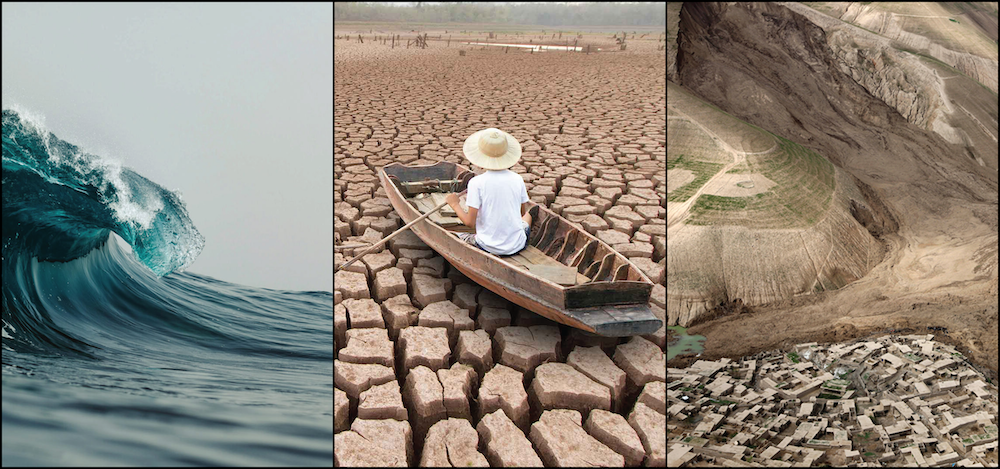Form:Annualmeeting2022: Difference between revisions
No edit summary |
No edit summary |
||
| Line 3: | Line 3: | ||
{{ImageTopSet | {{ImageTopSet | ||
|direction=center | |direction=center | ||
|width= | |width=80% | ||
|title=<center>''CSDMS 2022: Environmental Extremes and Earthscape Evolution (E<sup>4</sup>)''</center> | |title=<center>''CSDMS 2022: Environmental Extremes and Earthscape Evolution (E<sup>4</sup>)''</center> | ||
|title-color=#ffffff | |title-color=#ffffff | ||
Revision as of 13:18, 4 November 2021

Registration
CSDMS 2022 annual meeting will most likely be a hybrid meeting and we'll do our best to make it an informative and enjoyable experience for all participants. Registration & abstract submissions will be accepted until 30 March 2022.
Introduction
This year’s meeting will be broad in scope, showcasing modeling-oriented projects that range from fundamental geoscientific discovery to applied work involving stakeholders. A novel addition this year is the theme of communication: how do we effectively communicate our research to diverse audiences—students, stakeholders, decision-makers, the general public, and one another? How can models help with communication (e.g., visualization, gamification, “what if” scenario analysis)?
Events
Interested in providing a clinic during the next annual meeting? Contact CSDMS@Colorado.EDU.Poster guidelines
Please follow these poster guidelines to help you in presenting your poster virtual.
Syvitski Student Modeler Award 2021
Submission is now closed for this award
Important dates
- January 29: Application deadline Syvitski Student Modeler Award 2021
- April 30: Abstract submission deadline
- April 30: Meeting registration deadline
- May 17-21: CSDMS annual meeting
- May 21: CSDMS Executive and Steering committees meetings (by invitation only)
Land Acknowledgement
We acknowledge the land on which we will hold our meeting in the Boulder, Colorado, region is part of the land within the Traditional Territories of the Arapaho, Cheyenne, and Ute peoples. Further we acknowledge that 48 contemporary tribal nations are historically tied to the lands that make up the state of Colorado. For further information, see the official CU-Boulder Acknowledgement.

